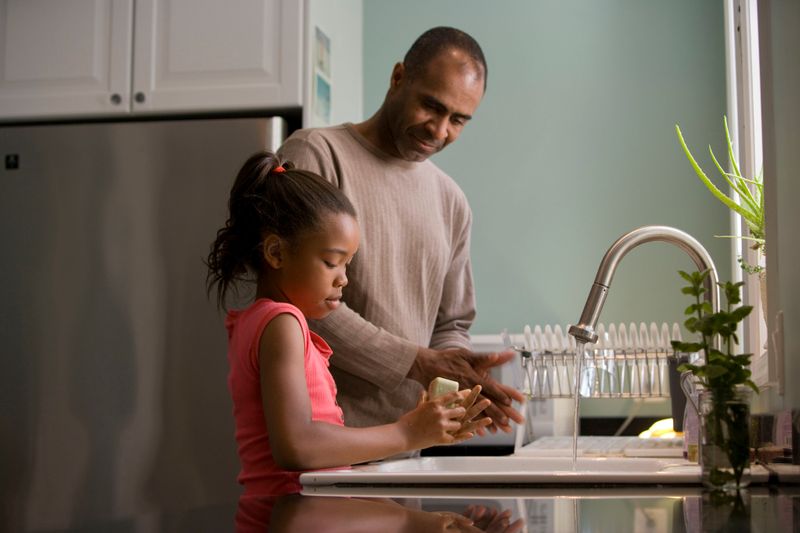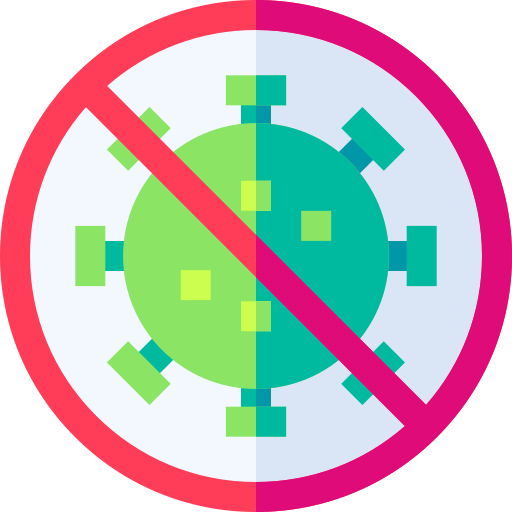
Handwashing is a critical part of basic hygiene that should be practiced multiple times a day. We often touch our faces with our hands, sometimes even without noticing, which leads to the spread of diseases and infections.
Handwashing is the foundation of basic hygiene and is a quick step in your day to remain clean and healthy!
Handwashing tips
We use our hands for the majority of the tasks we do on a daily basis, from using our laptops at work to preparing your dinner — it's important to keep them clean!
Follow the steps below for quick and effective hand-washing.

Key times to wash your hands:
Before or after any meal or handling food
As soon as you come home
After using the bathroom
After coughing or sneezing
Consistently if you are caring for someone who is unwell
After touching animals or handling animal's food
After handling garbage
To hear an audio description of the text in the above image, click the play button on the audio player below:
What can happen if I don't wash my hands regularly?

Many of the normal tasks we complete in a day can actually cause great harm if we don't observe proper handwashing practices.
Keeping your hands clean is one of the easiest ways to prevent the spread of many diseases. It's a simple step that we need to include in our routines and can have a great impact on our well-being.
For example, if someone with the flu coughs on their hand and touches a surface, someone else then touches it and then touches their mouth, nose, or eyes.
One way salmonella can be contracted is if someone touches raw chicken and then touches food that someone else eats.
These diseases may vary in severity, but they can be prevented through one simple precaution: washing your hands!
Take Action

Handwashing is a simple but effective measure to prevent the spread of infectious diseases. Before and after you eat dinner tonight, make sure to wash your hands for at least 20 seconds!
Your feedback matters to us.
This Byte helped me better understand the topic.
